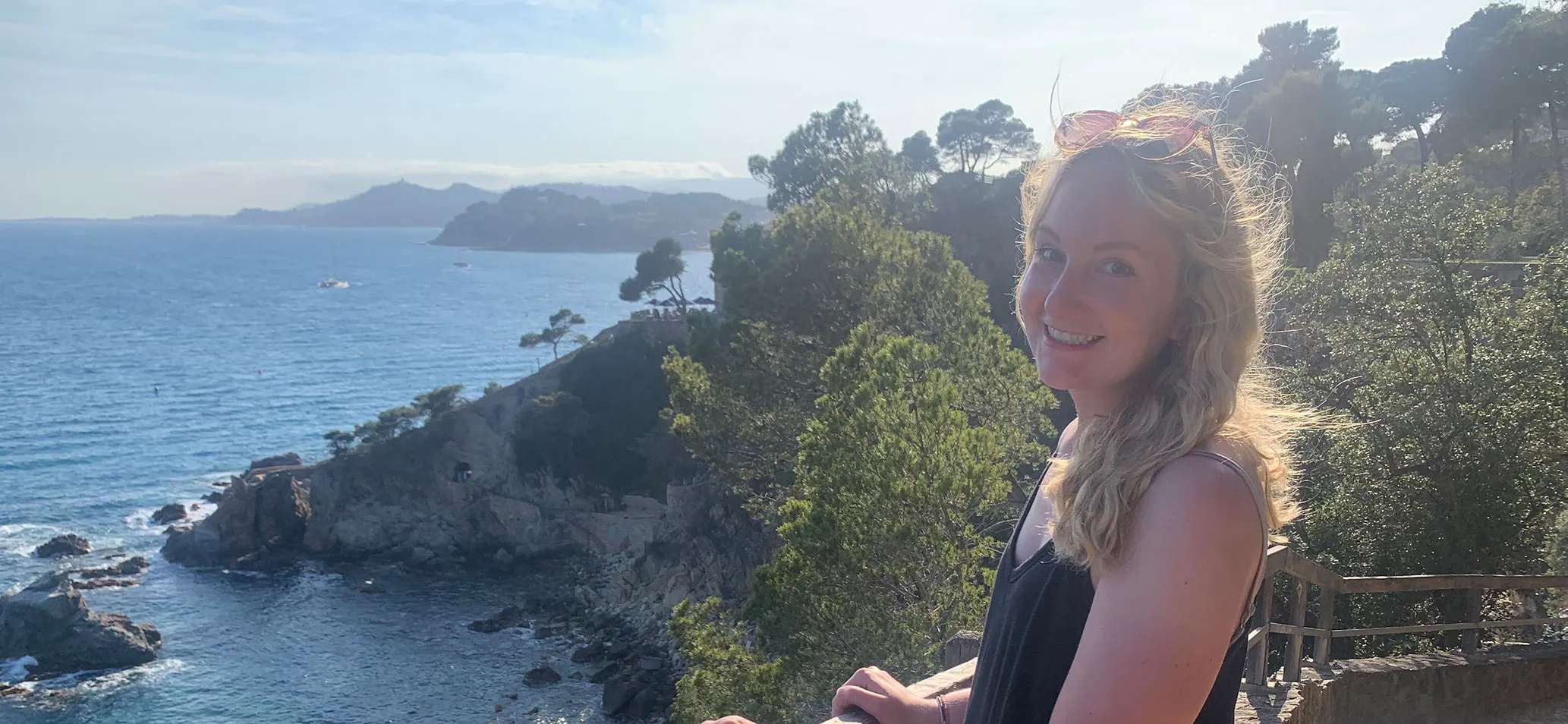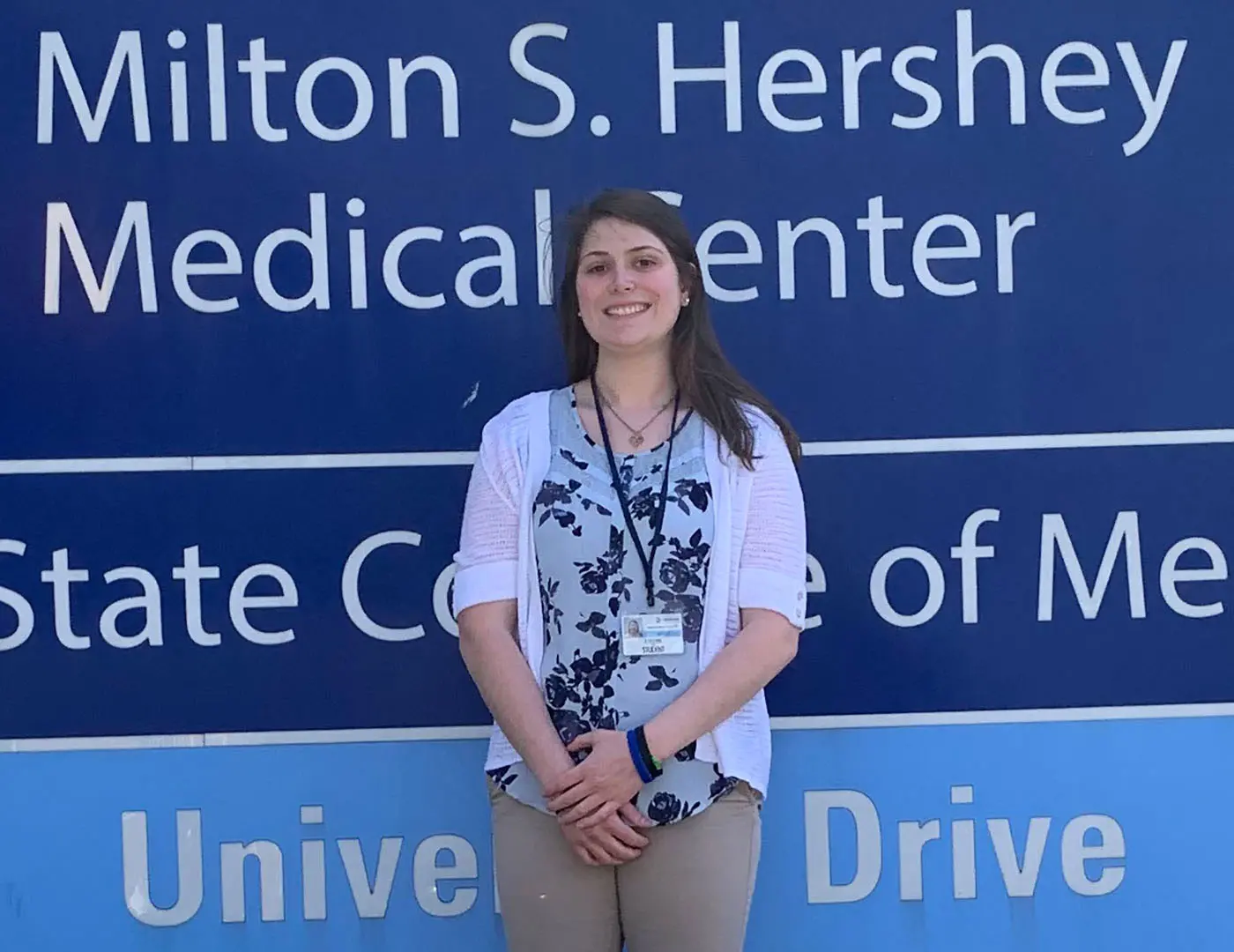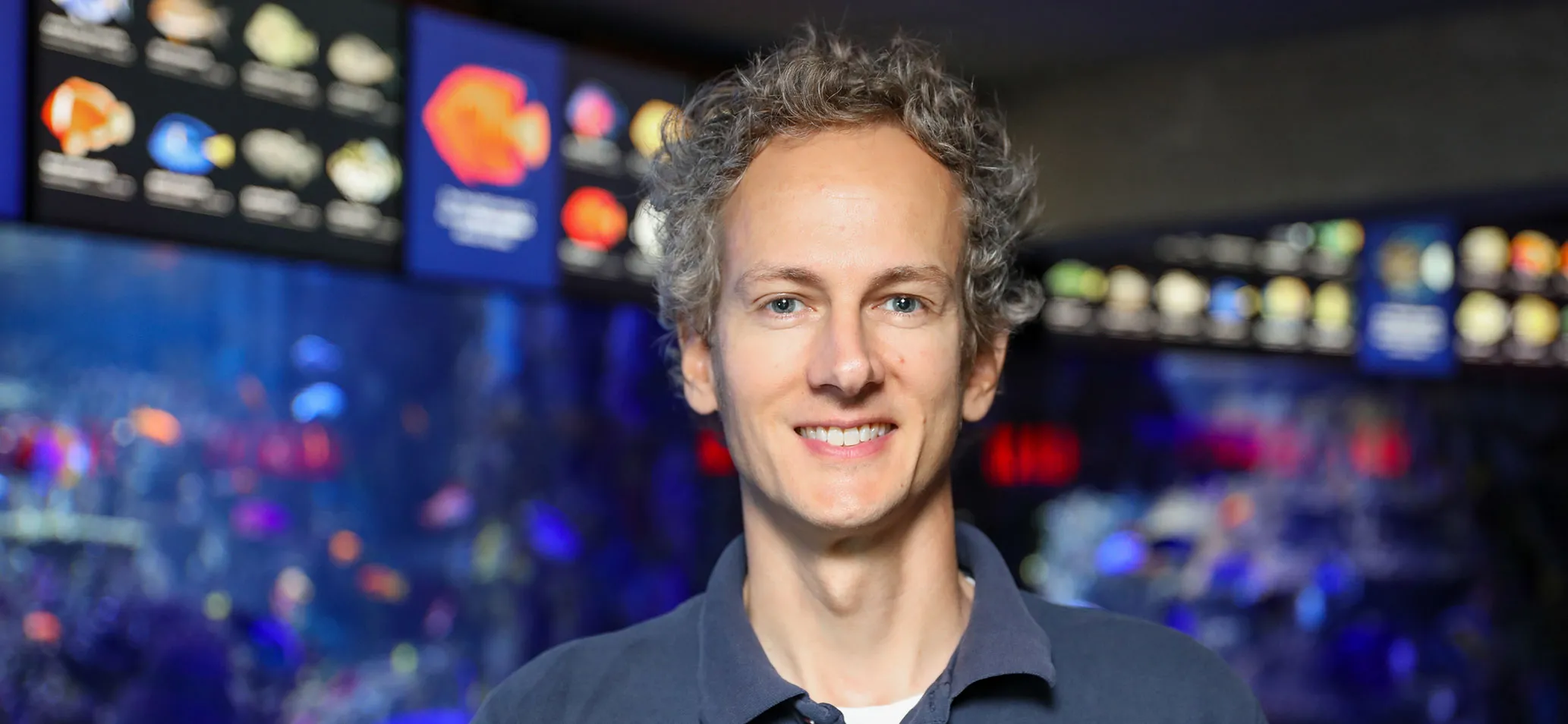
LVC News
- Accounting
- Accounting/MBA 3+1
- Actuarial Science
- Allwein Scholars
- Alumni Profiles
- Applied Kinesiology
- Athletic Training
- Athletics
- Audio Music Production
- Awards
- Biochemistry & Molecular Biology
- Biology
- Breen Center
- Business Administration
- Campus
- Chemistry
- Clinical Exercise Physiology
- Clinical Mental Health Counseling
- Community Service
- Computer Science
- Creative Arts
- Creative Writing
- Criminal Justice
- Data Science
- Digital Media
- Economics
- Education
- Engineering
- English
- Environmental Science
- Esports
- Exercise Science
- Faculty Profiles
- Gallery
- German
- Giving
- Graduate Studies
- History
- Honors
- Intelligence and Security Studies
- Interaction Design
- International Business and Policy
- LVEP
- Marketing
- Mathematics
- MBA
- Medical Humanities
- Medical Laboratory Science
- Music
- Music Business
- Music Education
- Neuroscience
- Nursing
- Physical Therapy
- Physics
- Political Science
- Pre-Law
- Pre-Medical Professions
- Psychology
- Self-Designed
- Social Justice and Civic Engagement
- Sociology
- Spanish
- Speech-Language Pathology
- Sport Performance
- STEM Education
- Student Profiles
- Study Abroad
- Sustainability
- Transfer
- Undecided/Exploratory
Marked by Growth

Kyrsten Ford ’20 started LVC with a plan to use her biology degree to enter medical school and become a doctor. But two years into her major, she found her career goals had changed, and she became unsure of what she wanted to do after graduation.
“By the time I had completed my sophomore year, I had learned some new things about myself, and started to pick up on what was working for me and what wasn’t academically,” she said. “I began to notice that I did so much better in the lab than in lectures. And, above all else, I found my passion for microbiology.”
That discovery came through the patient guidance of advisors and professors, such as Dr. Eric Ryndock, former assistant professor of biology.
“He introduced me to new techniques in the lab and ideas for what a career in microbiology could look like. He was invested in watching me grow as a scientist and genuinely excited and invested in helping me figure out my career path. He was the earliest influence on my decision to pursue medical laboratory science. Before talking with him, I had no clue what I wanted to do, and he made me feel like that was ok,” she said.
Ford joined Dr. Ryndock in research studying bacterial species and even presented their research at the LVC Inquiry Symposium in 2019. Ford also completed research on algae and E-Coli with Dr. Rob Carey, director of biochemistry & molecular biology, and collaborated with Dr. Stacy Goodman, chair of biology, to study adenosine receptors in mice.
“Working on research with these professors allowed me to become familiar with how to appreciate the scientific process and how to process and work with scientific literature, information, samples, and interpreting data. Now, when tasked with reading a scientific journal article or presented scientific data, I feel confident in my ability to understanding it and make something of it,” said Ford.
It was Ford’s junior year when medical laboratory science (MLS) moved to the forefront of her career vision. She took Professional Development for Health Professions with Dr. Kristen Boeshore, director of pre-health professions, which featured a guest speaker from WellSpan York’s MLS program. After that, Ford worked with Boeshore to apply to the Medical Laboratory Science Program at Penn State Milton S. Hershey Medical Center.
Just a month after graduating from LVC, Ford began Penn State’s one-year program that includes lectures and clinical laboratory rotations. She is learning about each aspect of the lab, including urinalysis, immunology, clinical chemistry, hematology, blood bank, and medical microbiology. After completing the program, Ford will take the Board of Certification exam and begin her career as a medical laboratory scientist.
“MLS is a career that involves working with patient specimens to perform testing and analyze results to aid a physician in diagnosis and treatment options,” she said. “It is more behind-the-scenes in the medical field but is crucial for the best patient care.”
Ford credits her LVC experiences with preparing her to excel in a laboratory setting.
“The laboratory opportunities you get while at LVC will make you more well-rounded and comfortable in the clinical setting,” she said. “The best way to refine your laboratory skills is to participate in student-faculty research. The LVC science programs are very strong in student preparedness, so take advantage of the resources you are so lucky to have. Make yourself known, and allow yourself to grow into the best scientist you can before you leave LVC.”
— Darby Seymour, Marketing & Communications Student Assistant




